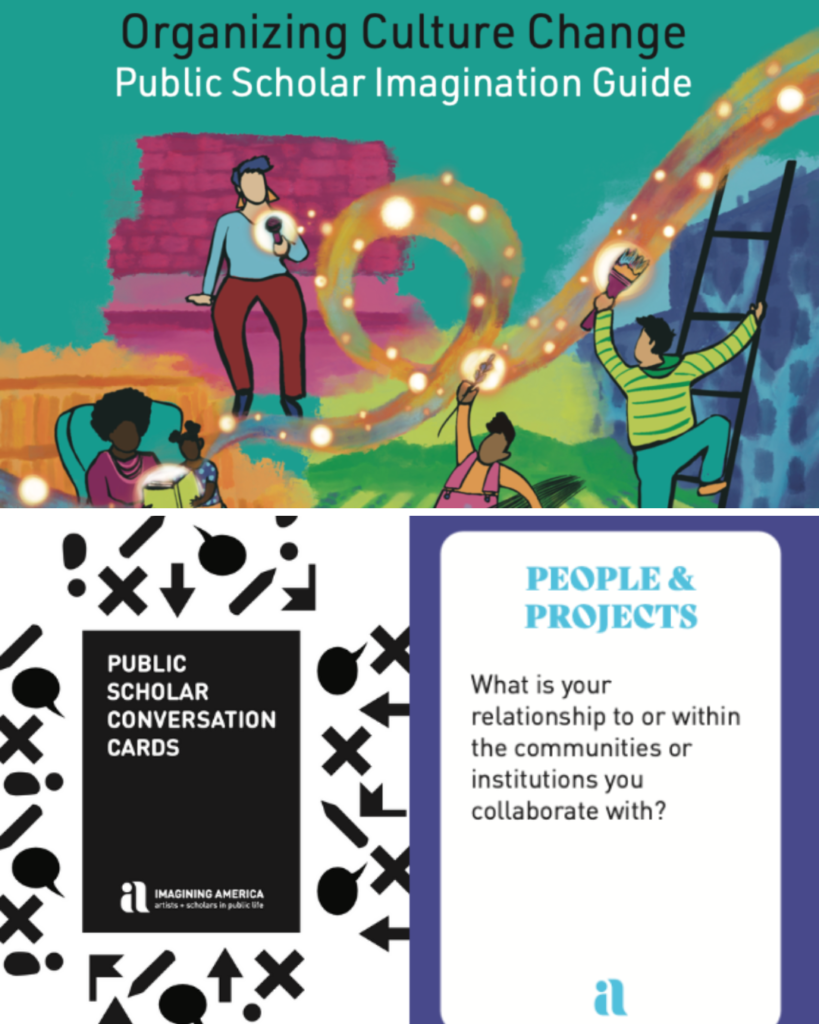All our relations and play more
By Santos Flores, Ph.D. student in Kinesiology at the University of North Carolina at Greensboro, and a 2018-2019 Publicly Active Graduate Education (PAGE) Fellow. This PAGE Blog Salon explores themes of citizenship, intersectional activism, and public scholarship, important topics of the upcoming Imagining America national conference, Oct. 19-21, 2018, in Chicago, Illinois.
As an action researcher and cultural organizer, my praxis aims to “fight [hegemonic] culture with [embodiment] culture.” This phrase is borrowed from Felipe Luciano, a Black Puerto Rican community organizer of New York, who suggested that the dominant political culture needs to be met with the creative force of Black, Indigenous and Hispanic street culture. As a “southern” Puerto Rican, I am no stranger to “intense political crisis challenges.” This current political moment is only one of a long historical narrative of misdirection by political ruling classes and of the vindictiveness of colonialism. While this is extremely challenging for ‘us,’ it is not new, we survive because of our relationships to ourselves, to each other, and to our environments.
There should be little surprise that an indigenized public scholarship position is one that intersects cultural studies, critical theory and social justice education. Our scholarship is in constant examination for its inclusivity (when appropriate) and for its intersectionality, and it is desperately needed. Without which, it would be impossible to paint the complex picture or to articulate the multidimensionality needed to inform and develop just strategies to address the complex realities of today.
Thus, we are decentralizing our relationship to the epistemological domain of White, male, class-elitist, heterosexist, imperial, and colonial privilege and its power assertions of binaries, objectivity and neutrality. We are growing the archives of alternative ‘bodies’ of knowledge, through games, art, media and expressions in general. It is here where I find a pedagogy for the future, deeply concerned with the relationships between the sociopolitical domain and the life of the individual. I stand to imagine the potentialities of our relations to each other and to our larger concerns for the emergence of equity and justice.
My personal discourse in this ‘crisis’ of political discontinuities is concerned with both the alienation and the estrangement of our bodies. Restoring my relations to my ‘self,’ as self-care, has required an exploration of my emancipation, maturity, and self-determination through a return to playing. Play, for me, exists as an organizing activity, as a meaningful orientation established since childhood and most useful where other frameworks break down. Play subverts the capitalist orientation that our ‘bodies’ are for labor. Thus it serves as a point of convergence that bridges across differences as well as the polarities inherent to collective trauma, such as poverty, colonialism, war, or natural disasters. How we play as communities is insightful into how we integrate values and worldviews. Games, when they include our whole mind-body, may become a site for establishment, negotiation and reflection. That is, through our playing we can attempt to make sense of events (e.g. collective trauma) and institutions (e.g. social systems). Play and games serve as a microcosm of our respective societies, in which players (i.e. community and youth) can be challenged, to create anew, and reflect on the dominant narrative.
As we continue to ‘play,’ the intimate relations to our community may allow for unique opportunities for popular education, in which the community can engage its own norms and power to develop intersectional responses to social inequalities. This discourse drives me to embrace our complexity rather than avoid it. I hope that as we strengthen





